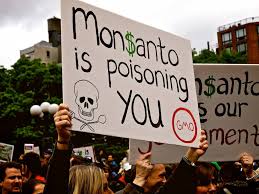A new study of farm regulations by the Delaware Soybean Board has revealed that farmers are required to comply with more than 120 separate regulations to operate an agricultural business in the First State.
Make no mistake. These farms are industrial operations. They need to be well regulated. When you hear legislators moan a groan about this study come election time (and you will) please know that they are not feeling sorry for Ma and Pa down on the farm – they are looking for ways to help their multi-national business clients cheat the system.
“The results demonstrate that Delaware farmers work in a highly regulated environment,” said Jay Baxter, chairman of the board and farmer from Georgetown. “The web of regulations touches nearly every facet of farming operations today.”
The review was commissioned to help farmers be aware of all the various regulations and multiple agencies involved in the business of agriculture. It has been posted on the board website.
The report, a compilation of federal, state and county regulations which directly or indirectly relate to a farm operation, lists regulations by subject and agency. Multiple agencies have jurisdiction over various parts of a farm operation, including the departments of agriculture, finance, transportation, motor vehicles, labor, land-use planning and zoning, natural resources and environmental control, occupational safety and health administration, and Environmental Protection Agency, Army Corps of Engineers, and Motor Carrier Safety Administration.
“We strive to continually improve the way we farm and comply with all the rules,” said Baxter. “With so many statutes and so many agencies involved at the federal, state and local levels, it is time-consuming and difficult to track. We wanted to provide our farmers a reference of regulations to do some of that work for them.”
Delaware farmers plant about 180,000 acres of soybeans each year, and the crop generates approximately $60 million in value to the state. Delaware’s agricultural industry contributes about $8 billion per year to the Delaware economy.
